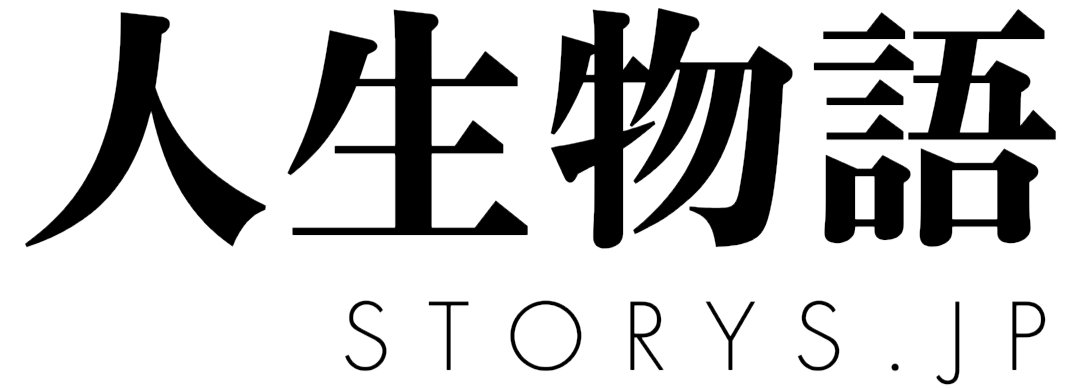Useless waste and necessary waste 1.4.1 Coal, oil, nuclear power, new energy (1)

I had the opportunity to participate in the Energy Workshop held in New Delhi, India in November 2002.
About 40 people from 18 countries in Asia exchanged information and discussed at this international energy-related conference / workshop for 5 days from November 11th to 15th. The purpose was how to balance new energy, energy saving and productivity. From Japan, two people, I and Mr. Komikawa from the Social Productivity Headquarters and two Japanese staff from the Secretariat of the Asian Productivity Organization (APO, International Organization) as the sponsoring organization attended. This international conference / workshop were co-sponsored by the US Environmental Protection Agency (USEPA) and the Asian Productivity Organization (APO).
This was my second time attending this kind of energy-related international conference in Asian countries, following the 2001 conference in Taipei (sponsored by APO). The purpose of the meeting / workshop was to bring back the content of discussions and outcomes to each country and serve as a bridge for promoting and implementing new energy / energy conservation policies. Furthermore personally, it was at this international conference / workshop that to set my own unwavering goals for energy conservation and to introduce and explain the energy conservation technologies I have developed.
I left Onomichi in Hiroshima Prefecture by Shinkansen early in the morning of November 10 and arrived in New Delhi in about 16 hours via Kansai International Airport and Bangkok. In India on the first day, I wanted to leave the airport soon and to go to the hotel to sleep, but some people including Americans were forced to wait an extra 30 minutes with a frightened face because the luggage did not come out at the airport. It was an unexpected happening. In addition, I had to get 50 rupees back from the 350 rupees I had prepaid to the taxi driver. There happened various things in my first stay in India and this start was also a fun.
From the 11th to the 5th, people from 18 countries in Asia and we discussed the issues of new energy, energy saving and productivity by the presentations from USEPA representatives and from Indian productivity headquarters representatives. (Indians' English is quite tough with dullness. In this case, even if you don't understand what the other person says, you need to say what you want to say.)
Even in the same Asia, the energy situation in each country is different. Japan and South Korea are focusing on new technologies such as wind power and solar power generation, while other countries are focusing on biomass power generation energy. The United States seemed to think that the energy star they created was the best energy saving standard. I could not feel overwhelmed the usual American attitude that other good ideas were not worth considering. Also, as usual, I again got the impression that USA was teaching to Asian countries from a higher place.
The city of New Delhi has a lot of greenery and the amount is not comparable to that of Tokyo. It is also said that the use of natural gas in automobiles has reached as much as 60%. I was surprised and interested in these facts. Japan shouldn't make it a news that several cars using natural gas have been introduced.

